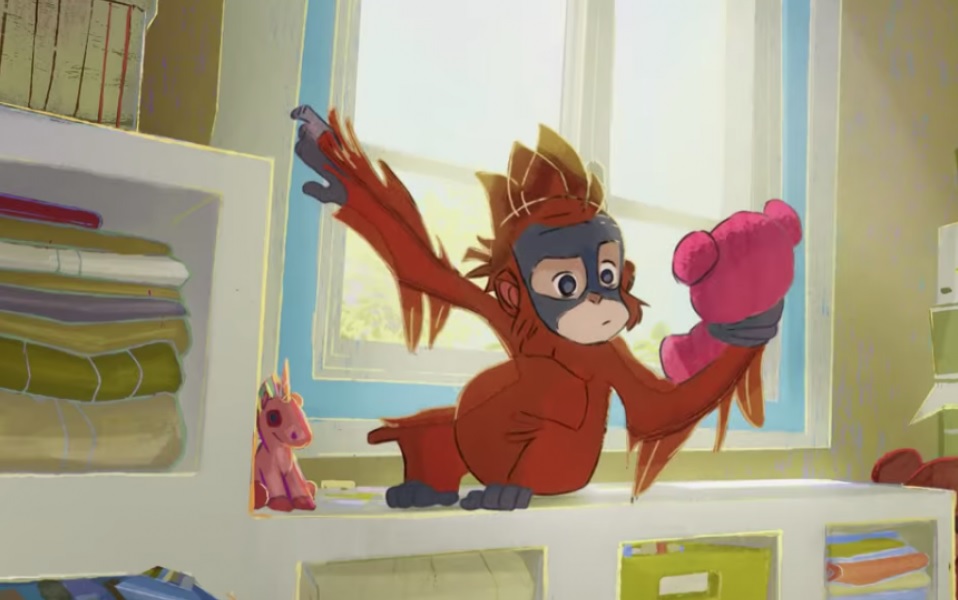|
The palm oil industry has plenty of supporting material in academia; there are dozens of papers showing how it is actually the most efficient choice of oils, on a basic litre-per-hectare comparison. What these calculations cannot do is take a systems approach which will end up critical of the entire industrialised food business. This should not be a question of substitution, but of finding ways of stopping those destructive practices which make so much money for we-don't-know who. That's to say, the problems of palm oil cannot be calculated on the back of a fag packet.
One thing that's certain is that we won't resolve this crisis through changing one ingredient in a frozen pizza. Palm oil is used in almost every food or cleaning product you buy, it's in your lipstick, your shampoo, your washing detergent, maybe even in the fuel tank of your car if you buy bio-diesel (again often sold as a more 'environmental' choice). The global merry-go-round of foodstuffs and products mean this one ingredient can now be found all over the world. And supply is having to grow considerably to keep up with demand. Some estimates claim that 300 football pitches of virgin forest are being destroyed every hour for palm oil production.
This destruction comes in many guises, from the shovel of a bulldozer to forest fires which take everything with them as they go. That new palm oil plantations are often constructed on beds of peat, which is drained to allow the new trees to thrive, simply increases the risk of forest fires. Dried peat is highly flammable.
The effects of forest-fires can be devastating for more than just the people, animals and plants that used to live in the forests. Old growth rainforests are important carbon sinks, their soils and ecosystems sequester huge amounts of carbon dioxide and other greenhouse gases that would otherwise end up in the atmosphere. By destroying such great swathes of nature, we are actively impeding the Earth's capacity to recover from the coming climate catastrophe.

If we live in a society based on free choice, then where is the choice to stop this from happening? Among all those different-coloured plastic bottles that fill our supermarket shelves, where is the choice to do no harm? How can I be to be responsible for my actions when the society in which I live constrains me so tightly? Why should I change when all those other people are doing what they want?
The last is the most common of those questions. It displays a mindset that people are exercising their free and best choice when they buy that product they saw advertised on television a few hours before. Our industrialised system makes slaves of consumers as well as producers. Freeing ourselves from this web is the opposite of keeping up with the Joneses, it is as an emancipatory act of loosening the chains of consumption, which force us to work all our lives to afford things that are either overpriced or useless.
The solutions will never be sold in commercials or on a state broadcast. They won't be found in massive technical projects nor in some great money-making scheme. The greatest changes we can make to the world around us come in all the little everyday things: finding time to cook with local and seasonal ingredients, making your own detergents or soap, giving up your car if you possibly can, and seeing all the money you save by being freed of those expenses. It involves learning again to talk to people, to tell how you're making a difference. It involves acts of kindness and building a society fit for your kids. It starts, and it ends, with you.
Adam R. Mathews,
Salamanca, 18th November 2018
| 






